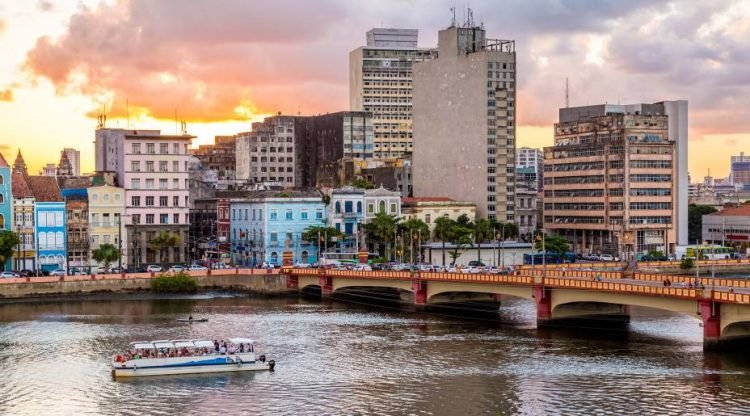
THE ENGLISH LANGUAGE IN PERNAMBUCO (PART 2)
Pretty much everybody knows that football is a sport invented by the English. You also might have heard of a guy called Charles Miller (a Brazilian, son of a Scottish family), who is said to have brought football to Brazil. British immigrants and travellers played a major role in kicking off the sport in Brazil and Recife is no exception.
When the first football clubs in the city were founded, the English were actively taking part in it. Many employees from Great Western and Western Telegraph used to practice the sport at their houses’ backyards. From the enthusiasm of those men, Sport Club do Recife was born to be the first football club in town, founded on May 13, 1905.
There was a match between Sport and Náutico (both teams had many English players) at the pitch of Pernambuco British Club (not the current “The British Club”, which did not exist back then), a club of British origins, placed at the venue where our Museu do Estado is currently located, on Rui Barbosa Avenue. Two teams ran by the English used
to play the championships at that time: Great Western and Tramways. Their players happened to be employees of those companies. Tramways, which used to be called “Trâmis”, had some success at football in Pernambuco. They were State champions in
1936 and in 1937.
Brazilian football vocabulary at the time used words in English such as: goal, team, (goal)keeper, match, referee, foul, centre-forward, dribbling, corner, off-side, penalty, full-back. Recifenses had their own versions of them: ‘quipa’, ‘centrefó’, ‘dribe’, ‘córne’. Despite the inaccuracy of the pronunciation, one can easily realise how much the English has had influence in our vocabulary. There are even people who argue that the word ‘forró’ originated when Great Western threw a ball where people danced to the sound of the accordion and the ‘zabumba’ in order to celebrate the launch of the company’s first railroad. There was a sign with “For all” written on it.









